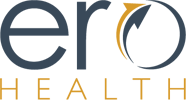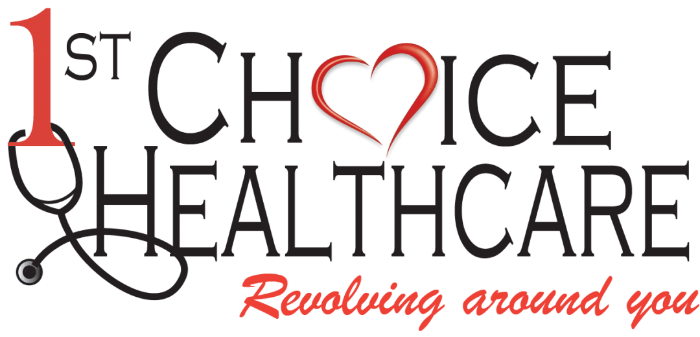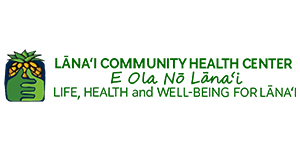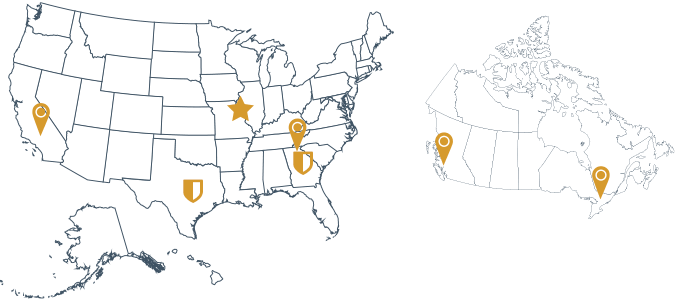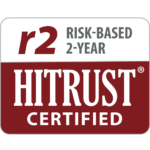Swedish Covenant Health
Chicago, Illinois
The Client
Swedish Covenant Health Is a leading independent hospital in Chicago which includes more than 500 primary care physicians and specialists within the hospital, and over 150 providers within the Swedish Covenant Medical Group. This award-winning hospital has served the community for more than 130 years, delivering world-class care with compassion.
The Situation
In recent years, Swedish has undertaken several strategic initiatives to enhance patient care and provider performance, while reducing overall payment cycle time. The hospital has put many things in place to achieve these strategic goals, including bringing billing in-house, establishing key performance indicators for revenue cycle management, and setting up processes to ensure efficient billing and timely payment. Once this was set in motion, the organization recognized that a key component of reducing overall payment cycle time was directly tied to the other piece of the strategy – enhancing patient care and provider performance.
The Client's Need
In 2018, Swedish changed provider compensation to a Relative Value Unit (RVU) model to quantify provider performance, benchmarking each specialty against national standards. This model would guide salary and bonus structure, and relied on the availability of data and reporting from their eClinicalWorks® EMR. Yet as they began building the structure of the program and how it would work, they quickly realized that they would require the development of a custom report for eClinicalWorks® to provide them with the information they needed.
A key component to quantifying provider performance involved measuring the amount of time it took providers to close and lock their notes for each patient encounter. This is critical because the encounter can only be billed once those notes are entered and closed, so the faster those notes are closed the shorter the payment cycle. Swedish has implemented a goal of 72 hours for providers to enter and close their notes, and sought a way to track which providers were adhering to this goal. As part of their compensation, providers would then be incentivized for their compliance, or disincentivized for failure to comply.
The Ero Health and Swedish teams worked closely together to develop the specifications for the report, and build it in a manner that would be most useful for interpretation. The process allowed Swedish to be very specific in what information they needed to account for, and ensure that the information pulled from the system and included on the report would cover the measures they were tracking.
The teams began with an initial, baseline report that would help them understand the data, make decisions based on the data, and then modify the report as data was uncovered and interpreted. It was a very iterative and collaborative process which involved weekly team meetings, and resulted in a comprehensive report that is viewable by facility, by type of charge, by cost center, and a variety of other categories. The report pulls charge data, appointment-to-close date, and generates a scorecard of encounters locked in 72 hours, 14 days, 21 days, and beyond. Swedish is then able to analyze this data to track provider performance and efficiency, and determine whether they comply with the 72-hour goal, and ultimately, whether they qualify for their incentives.
The Results
In the first six months of implementing the new appointment-to-close standards, Swedish has experienced a positive difference in provider performance. Behaviors are changing, and providers are motivated to meet the standards. In fact, many are setting personal goals for themselves in terms of what they’d like to achieve in compensation and how they can reach these goals through their compliance with this new program. Providers are not only reaching personal goals, they’re helping to support the overall strategic initiatives of reducing payment cycle time. Efficiency has increased, lag time for provider note closing has greatly decreased, and the organization has experienced an impact on their bottom line through use of newly developed reporting capabilities of their EMR system.
Every practice is different.
Technology is a tool to help you reach your goals, and we know that each practice’s situation, challenges and vision are unique. The Ero Health team is standing by to learn about what you’re looking to accomplish and how we may apply eClinicalWorks to help you get there.
